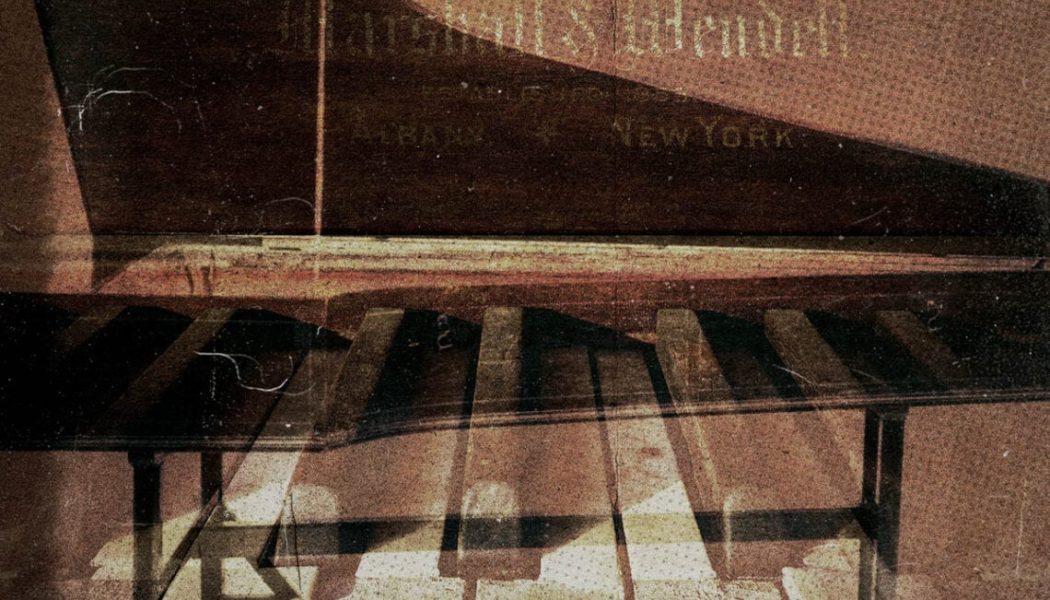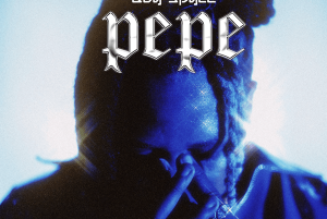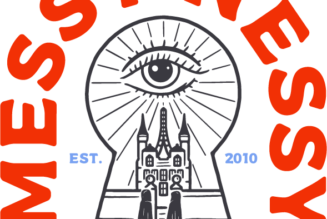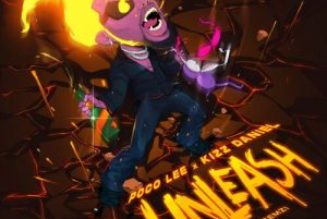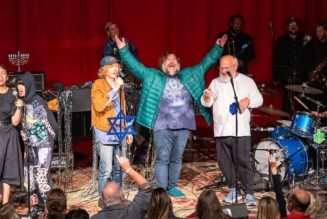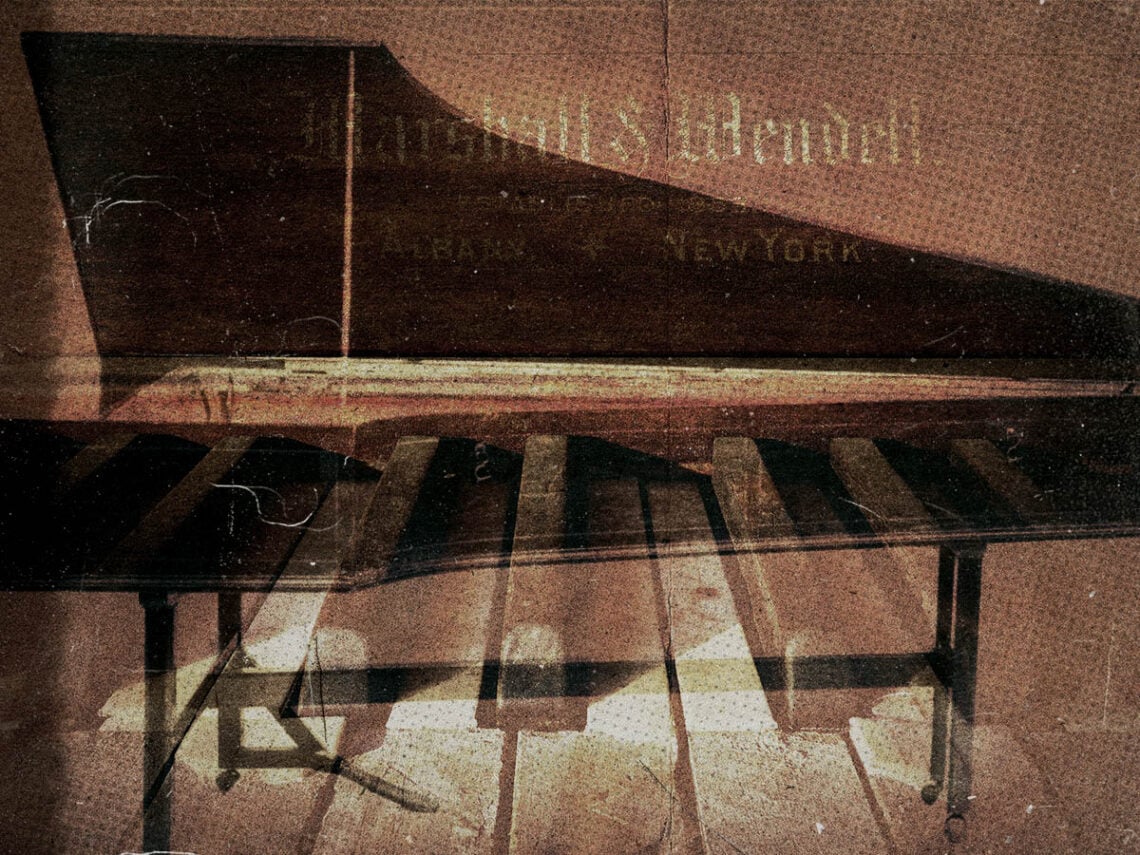
(Credits: Far Out / Metropolitan Museum of Art / Timothy Eberly)
In September 1997, Toumani Diabaté and Ballaké Sissoko sat down around four microphones in the Palais de Congrés to spend the night recording an ode to their fathers. They both learned how to play the Kora from their patriarchs and wanted to help assemble an album honouring them for that. They succeeded, but they also made a commercial success that contributed to bringing ancient musical instruments back to Africa.
The project came from record producer Lucy Durán, who looks back and sees it as one of her best. She had previously worked with Toumani’s father, Sidiki Diabaté, and was keen on assembling a father and son album. “I wanted it to be a father and son duet,” she said, “They were very very competitive, which is a very Malian thing. It’s called ‘fadeya’ meaning rivalry between children of the same father with different mothers. So your first rival in life is always your father.”
Toumani and his father agreed to the idea and were looking forward to it. The whole album was supposed to be a play-off, given that Toumani believed he was better than his father and Sidiki thought he was better than his son. Unfortunately, Sidiki passed away before the recording could begin, so the plan fell through.
“He was born in The Gambia,” said Lucy, “And he went to his birth town which is called Bansang where he suffered some kind of a stroke and died during early morning prayer. He was repatriated to Mali (even though he wasn’t really originally Malian) and given a state funeral.”
A change of direction was needed as Toumani still wanted to record the album. Lucy saw this as an opportunity to honour his father rather than rival him, which is how Ballaké was brought on board. “Ballaké and Toumani’s fathers were great friends. They knew each other in Gambia, and both emigrated to Mali and joined the Mali National Ensemble. So it made good sense for the sons of these two great friends who lived side by side in Bamako to do it.”
Nick Parker, a classical music recordist, was hired to help. He, Lucy, Ballaké and Toumani took to finding the perfect place to record the album. It wasn’t an easy task. The Kora was never made to be a recording instrument, so the acoustics had to be perfect. On the brink of giving up, the group finally found the Palais de Congrés, which was perfect.
“The floors were marble, and the walls were marble. It just had a lovely natural reverb, so Nick said, ‘We’re going to do it here!’” They couldn’t use the room until after 10pm, so they travelled to the venue on the night and set up their instruments. Four microphones were placed around them, a cricket spoiling the recording was captured, and the production process could begin.
The finished product was a marvel, as the two players complemented one another incredibly well. The record was done in two takes, seven hours of playing, with melody and virtuosity displayed every second. Hardly anything was added to the tapes when the recording was done. Instead, some of the music had to be cut down so it could fit onto the album. Once all editing was complete, the finished version of New Ancient Strings was ready.
The album was released on June 22nd, 1999, and was acclaimed by fans and critics alike. Since then, anyone who is interested in the Kora views the album as a classic, and it has become something of a treasure in Mali, to the point the former Malian president, Amadou Toumani Touré, was known to gift copies of the album to essential guests.
‘World music’ has always been such a broad and counterintuitive title. There are so many aspects of the world; each has a history, culture and experts. The kora represents that just one instrument can mean so much to so many and influence people to play it once again. Toumani and Ballaké’s fathers passed down the gift of music to their sons, so their sons have decided to pass it on to everyone else, to tremendous effect.
